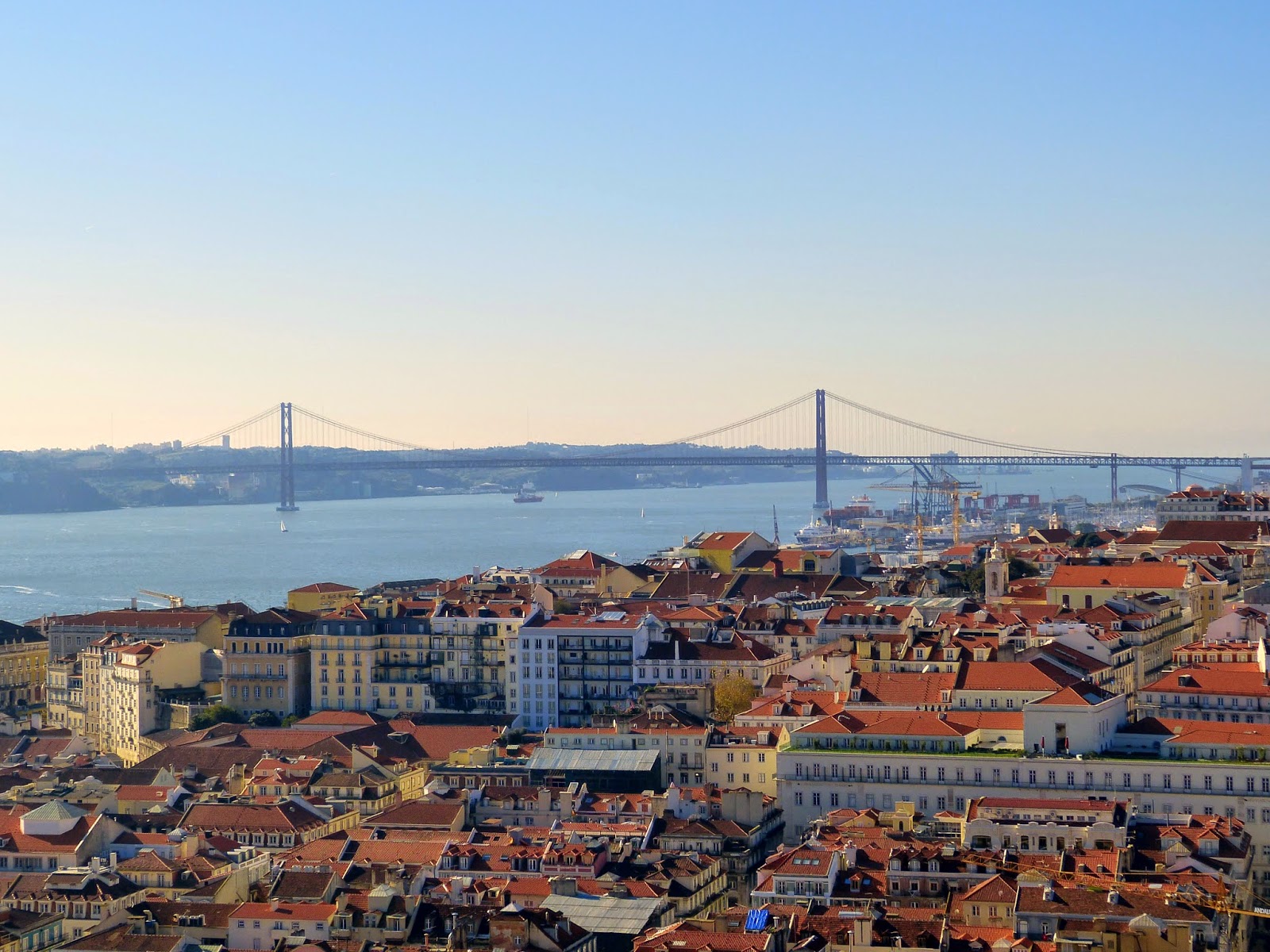Orhan Pamuk, winner of the Nobel Prize for Literature in 2006, was born in Istanbul, in the neighbourhood of Beşiktaş to be precise. In his memoir "Istanbul: Memories of a City", he describes the city with its variegated reality and complex history, both honestly and passionately.
Yet, the Istanbul Pamuk writes about is not exactly the city we know today, modern and colourful, cosmopolitan and full of life. It is the city he grew up in, one that looks back with nostalgia at its glorious past, which is no longer the capital of an empire but wished it still was. By the end of the book it becomes clear that the author uses Istanbul to talk about himself, and that the city becomes a double for the writer. It is undeniably true that the Istanbul of sultans and harems is long gone, but the city the author remembers, with decrepit wooden houses, pastry shops he visited as a child hand in hand with his mother, and dilapidated streets is not entirely a thing of the past. You can glimpse it now and then, if you happen to get lost or wander some of its more modest neighbourhoods, for example Fatih. Once inhabited by the middle-class of the city, the area around Eminönü is now prevalently a dilapidated neighbourhood that has been taken over by immigrants from other parts of the country.
Yet, the Istanbul Pamuk writes about is not exactly the city we know today, modern and colourful, cosmopolitan and full of life. It is the city he grew up in, one that looks back with nostalgia at its glorious past, which is no longer the capital of an empire but wished it still was. By the end of the book it becomes clear that the author uses Istanbul to talk about himself, and that the city becomes a double for the writer. It is undeniably true that the Istanbul of sultans and harems is long gone, but the city the author remembers, with decrepit wooden houses, pastry shops he visited as a child hand in hand with his mother, and dilapidated streets is not entirely a thing of the past. You can glimpse it now and then, if you happen to get lost or wander some of its more modest neighbourhoods, for example Fatih. Once inhabited by the middle-class of the city, the area around Eminönü is now prevalently a dilapidated neighbourhood that has been taken over by immigrants from other parts of the country.
This books helped me get in touch with Istanbul, understand its long history, and appreciate the apparent decay of some of its neighbourhoods and the shining newness of others. By reading this memoir you'll make the acquaintance of sultans and paşas, Western writers fascinated by the city, and the characteristic yalis. I understood something about these wooden houses on the shores of the Bosphorous only because I read this book. It is not apparent, by walking through the streets of the city or by taking a boat tour, how much of the city heritage was lost due to fires, decay and careless demolitions, for instance.
 |
| Istanbul panorama |
Pamuk lingers
on the memory of opulent Ottoman palaces falling to pieces, then he tries to explain how Ottoman minds used to think, through a
quirky encyclopaedia of the city written by a certain Reşat
Ekrem Koçu,
explaining how the author freely inserted stories, personal opinions,
anecdotes and even his sexual preferences into a publication that was
inspired by Western encyclopedias but had a distinctive Turkish
flavour.
 |
| A wooden house in Sultanahmet |
Pamuk's slow, descriptive style and his penchant for sad tones might be a bit hard to digest at first, but I think that this book is a great introduction to a complex city that has had a million lives since it was founded more than 2,500 years ago.
 |
| Galata Bridge |












